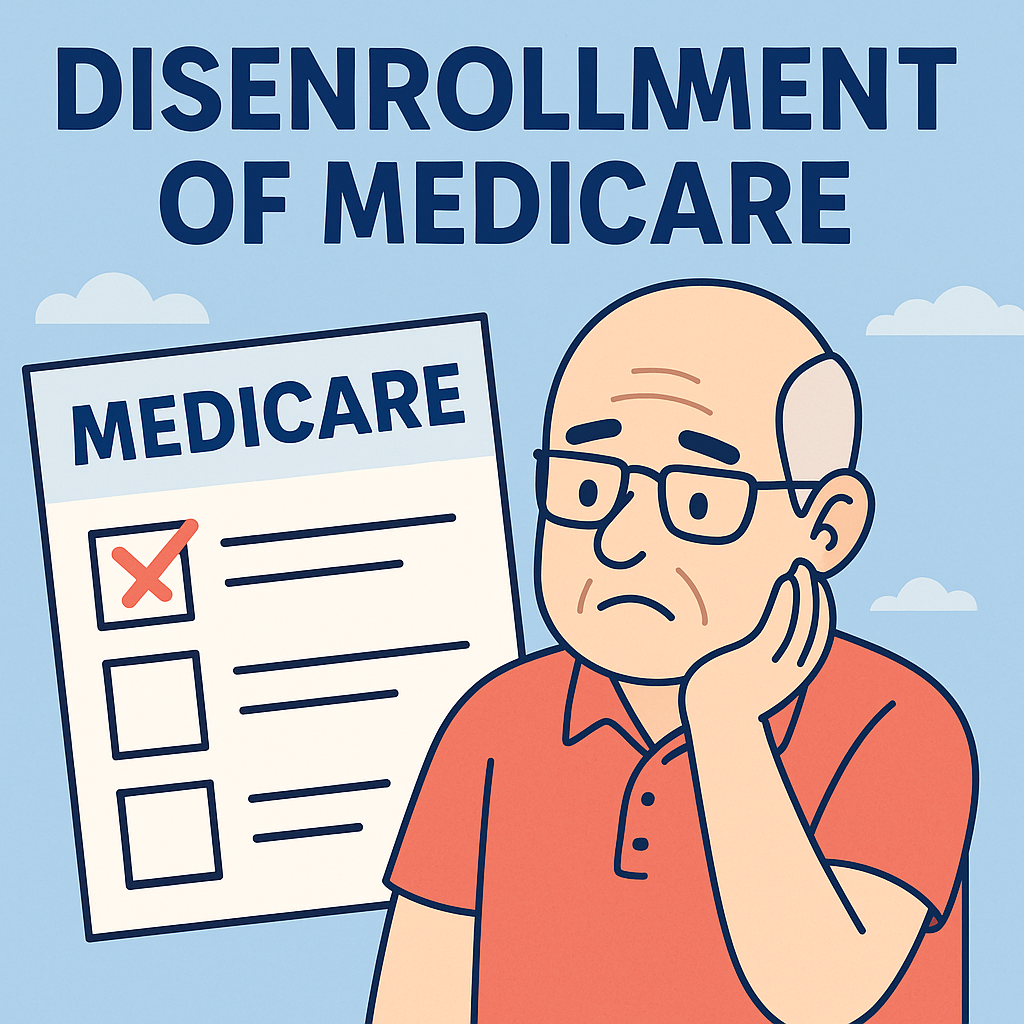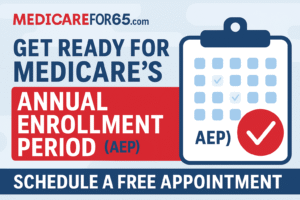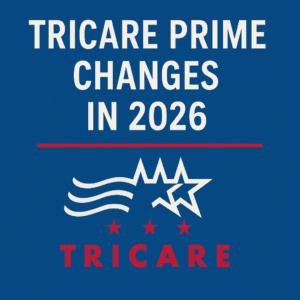Medicare is a crucial health insurance program for millions of Americans, especially those aged 65 and older or individuals with certain disabilities. While enrolling in Medicare is a significant milestone for many, there may come a time when a beneficiary needs or chooses to disenroll from their plan. Understanding the process and consequences of Medicare disenrollment is essential for making informed decisions about your healthcare. This article explores the key steps in the Medicare disenrollment process and the potential impacts on your healthcare coverage.
Key Steps Involved in the Medicare Disenrollment Process
Disenrolling from Medicare is not as straightforward as simply opting out. The process typically begins with determining which part of Medicare you wish to leave—Original Medicare (Part A and/or Part B), a Medicare Advantage Plan (Part C), or a Medicare Prescription Drug Plan (Part D). Each part has its own specific disenrollment procedures and time frames, so it’s vital to know which applies to your situation. For instance, Original Medicare beneficiaries can usually only disenroll during certain periods unless they qualify for a special enrollment period.
For those enrolled in a Medicare Advantage Plan or a prescription drug plan, the most common time to disenroll is during the Medicare Advantage Open Enrollment Period, which runs from January 1 to March 31 each year. You can also make changes during the Annual Enrollment Period (October 15 to December 7). Disenrollment usually requires contacting your plan provider directly or calling 1-800-MEDICARE. Written requests or online forms may be necessary to complete the process, and it’s important to keep records of all communications and confirmations.
Special circumstances, such as moving out of your plan’s service area or qualifying for other types of coverage (like employer insurance), might allow you to disenroll outside the typical windows. In these cases, you may qualify for a Special Enrollment Period. It’s crucial to review the specific guidelines for your situation and consult with Medicare representatives or your plan provider to avoid lapses in coverage or unwanted penalties.
How Medicare Disenrollment Impacts Your Healthcare Coverage
Disenrolling from Medicare can have significant and sometimes unexpected impacts on your healthcare coverage. First and foremost, leaving a Medicare plan might mean losing access to certain covered services, physicians, or prescription drugs, depending on your next steps. If you disenroll from Medicare Part B, for example, you may face a late enrollment penalty if you decide to re-enroll later, which can result in higher monthly premiums for as long as you have Part B coverage.
Additionally, if you switch from a Medicare Advantage Plan back to Original Medicare, you may lose supplemental benefits such as vision, dental, or wellness programs that were included in your Advantage Plan. It’s also essential to consider whether you’ll need to secure separate prescription drug coverage or a Medigap policy to help cover out-of-pocket costs. Timing is crucial, as there could be waiting periods or gaps in coverage if new plans don’t take effect immediately after disenrollment.
Finally, Medicare disenrollment can impact your financial planning and peace of mind. Without adequate health coverage, even routine medical care can become costly. For those with ongoing health needs or chronic conditions, maintaining continuous coverage is especially important. Therefore, it’s recommended to evaluate your healthcare needs, budget, and alternative insurance options before initiating the disenrollment process to ensure you’re making the best decision for your health and finances.
Medicare disenrollment is a significant step that requires thoughtful consideration and careful planning. Knowing the steps involved and understanding how your healthcare coverage might change can help you avoid unnecessary pitfalls and maintain the protection you need. Whether you’re considering disenrollment due to changing health needs, alternative coverage options, or other personal reasons, taking the time to research, ask questions, and consult with professionals will ensure you make the most informed choice for your future well-being.








